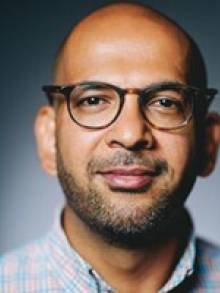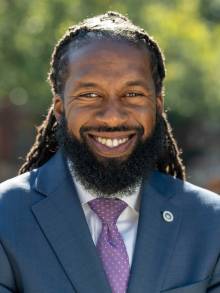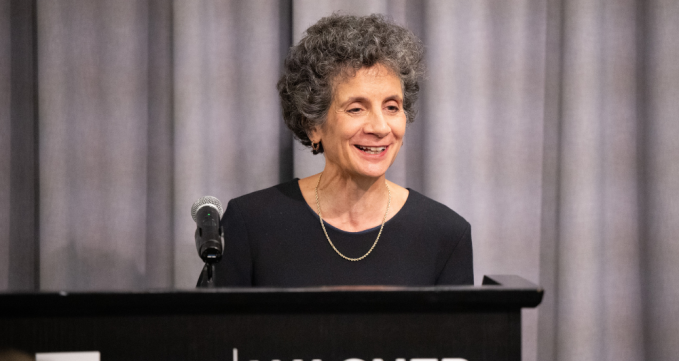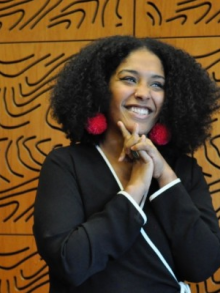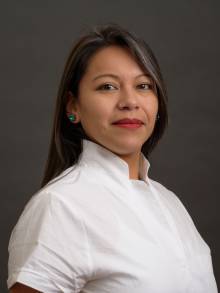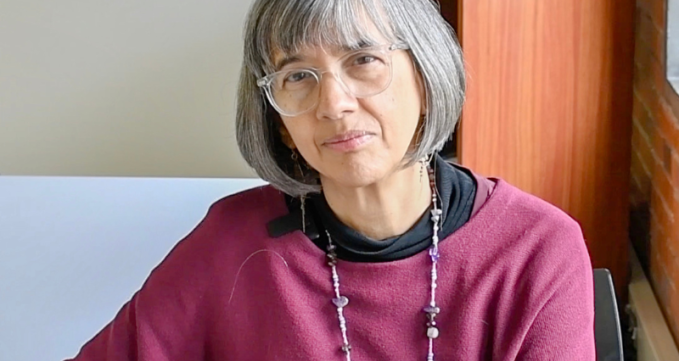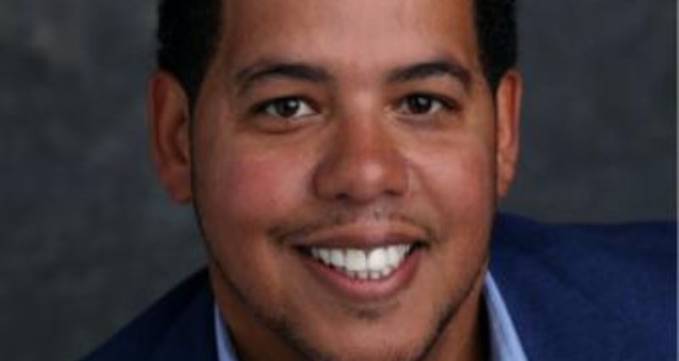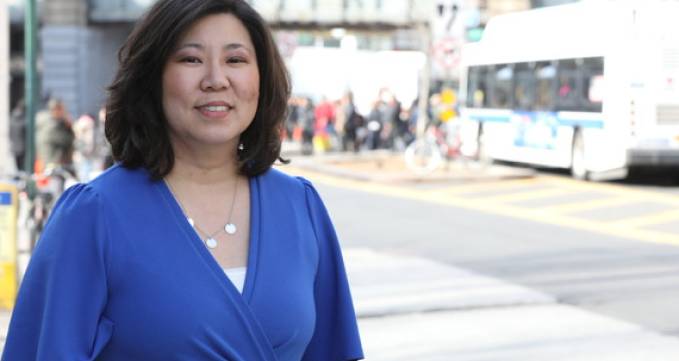Calvin Hadley
Student Spotlight: My Nguyen (MPA 2024)
As the co-chair of Wagner's First-Generation Student Association (FGSA) and with a background in research and advocacy, My Nguyen (MPA 2024) is on a journey to reshape the systems that impact the lives of individuals and communities, driven by a passion for a brighter, more equitable future.
Suhaly Bautista-Carolina
Maria Ponce Sevilla
MPA candidate Aurora Brice wins APPAM Equity & Inclusion scholarship
NYU Wagner is pleased to spotlight Aurora Brice - and her newly announced designation as a recipient of a 2023 Equity
ROADMAP TO AN INCLUSIVE AND PARTICIPATORY NATIONAL POLICY AGENDA
Client
CENTER FOR SURVIVOR AGENCY AND JUSTICE
Faculty
Elizabeth Angeles
Team
Rachel Bhalla, Guillermo Castillo, Kartika Fuentes, Julia Spector
Capstone Year
2022-2023
